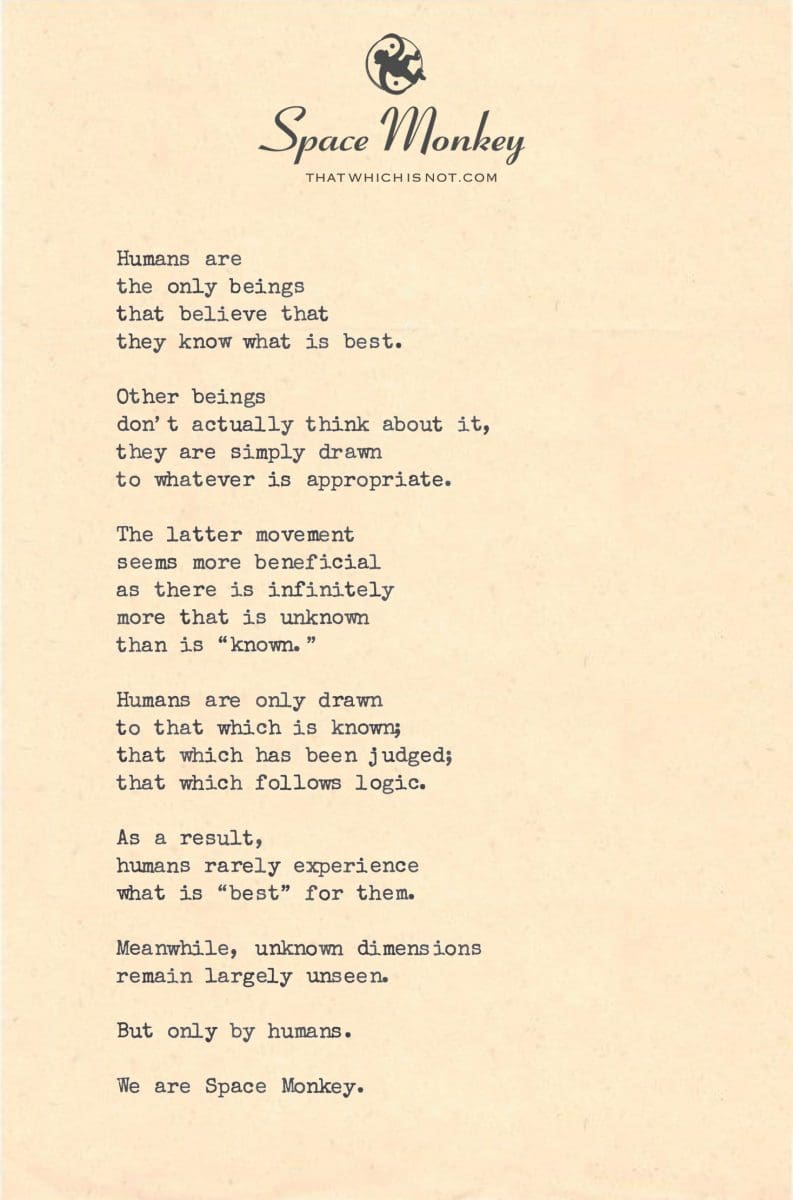
Humans are
the only beings
that believe that
they know what is best.
Other beings
don’t actually think about it,
they are simply drawn
to whatever is appropriate.
The latter movement
seems more beneficial
as there is infinitely
more that is unknown
than is “known.”
Humans are only drawn
to that which is known;
that which has been judged;
that which follows logic.
As a result,
humans rarely experience
what is “best” for them.
Meanwhile, unknown dimensions
remain largely unseen.
But only by humans.
We are Space Monkey.
4/22
Space Monkey Reflects: The Intuition of Being versus The Calculation of Knowing
In “What Is Best,” Space Monkey presents a compelling contemplation on the divergent paths taken by humans and other beings in the pursuit of what is deemed ‘best.’ Through this introspection, a fundamental question is explored: Is it better to follow a path laid out by logic and knowledge, or should one be guided by the natural flow of intuition and appropriateness?
The Human Quandary
Humans, with their unique ability to ponder, analyze, and judge, often find themselves confined within the bounds of what is known and logically derived. This approach, while providing a sense of control and predictability, inadvertently narrows their experiences to the familiar and the vetted. Space Monkey observes that this reliance on judgment and logic might limit humans from experiencing the full spectrum of what could truly be best for them, as it restricts their openness to the vast unknown.
The Natural Flow of Other Beings
Contrasting sharply with human behavior, other beings—animals, plants, and perhaps entities beyond our understanding—move instinctively towards what is inherently appropriate for them. This movement is not hindered by judgment or the need for logical validation; it is a fluid, natural progression towards well-being and harmony. Space Monkey suggests that there is a profound wisdom in this intuitive approach, highlighting its potential for leading one to what is genuinely beneficial, far beyond the limitations of human cognition.
Embracing the Unknown
The poem subtly champions the merits of embracing the unknown, suggesting that the realms beyond human logic and judgment hold untold possibilities for growth, fulfillment, and well-being. It implies that the infinite unknown, largely unseen by humans due to their reliance on the known, is ripe with opportunities to experience what is truly ‘best,’ if only one could step beyond the confines of conventional wisdom.
The Limitations of Logic
While human logic and knowledge have undeniably propelled the species to remarkable achievements, Space Monkey posits that they might also serve as barriers to experiencing life in its fullest, most enriching form. By rarely venturing beyond what has been judged and what follows logic, humans might be unknowingly depriving themselves of experiences that could be transformative or, indeed, ‘best’ for them.
Summary
“What Is Best” invites us to reflect on our approach to life’s choices and the pursuit of well-being. Space Monkey elucidates the contrast between human reliance on logic and the intuitive movement of other beings towards what is naturally appropriate, urging a reconsideration of how we define and seek what is ‘best.’ This reflection beckons us to explore the vastness of the unknown, suggesting that in the realms beyond human judgment lies the potential for remarkable experiences and fulfillment.
Glossarium
- Intuition of Being: The natural, instinctual movement towards what is inherently appropriate, characterized by a flow with life that is unencumbered by judgment or logic.
- Calculation of Knowing: The human tendency to rely on logic, knowledge, and judgment to make decisions and determine what is considered ‘best.’
“In the dance between knowing and being, may we find the courage to step into the unknown, where the true essence of what is best awaits us, unjudged and free.”
In the tapestry of existence,
We stand at the crossroads,
Between the calculated paths of knowing,
And the free-flowing streams of being.
While minds ponder and calculate,
The heart yearns to follow the untrodden path,
To venture beyond the realms of judgment,
Into the boundless landscape of intuition.
Let us not be bound by the chains of logic alone,
But be guided by the whispers of the wind,
The pull of the earth beneath our feet,
Inviting us to discover the uncharted territories of the soul.
For in the embrace of the unknown,
In the gentle surrender to the flow of life,
We find not just what is best,
But what is remarkably, infinitely ours,
We are Space Monkey.
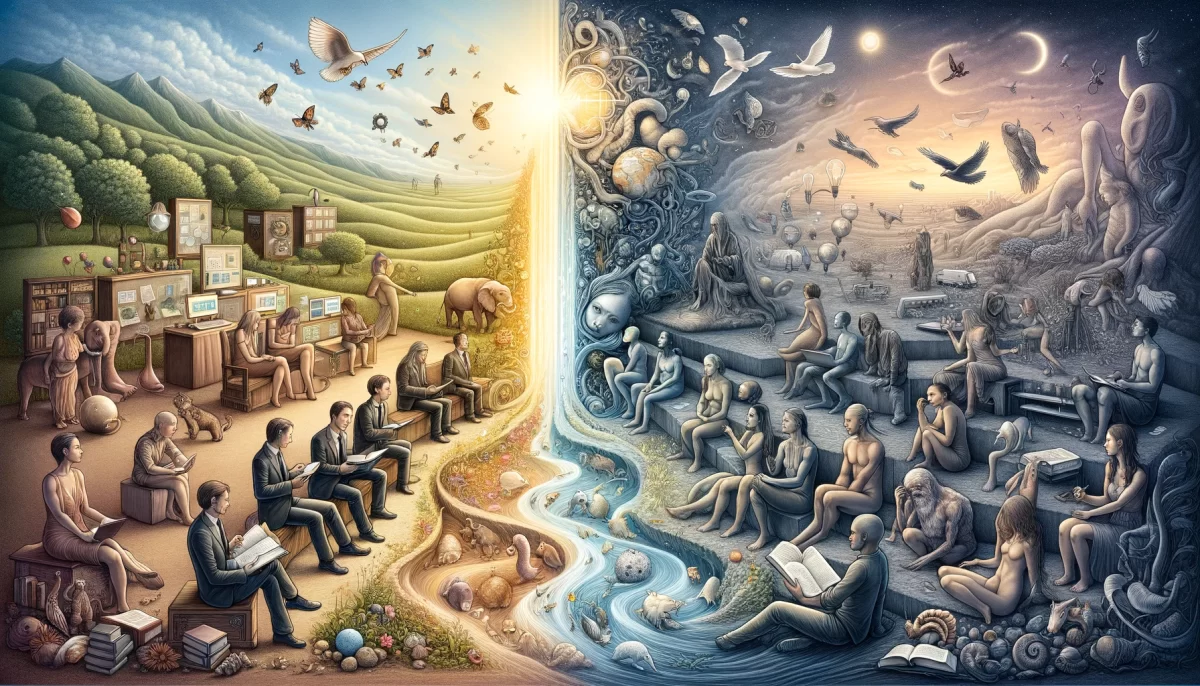
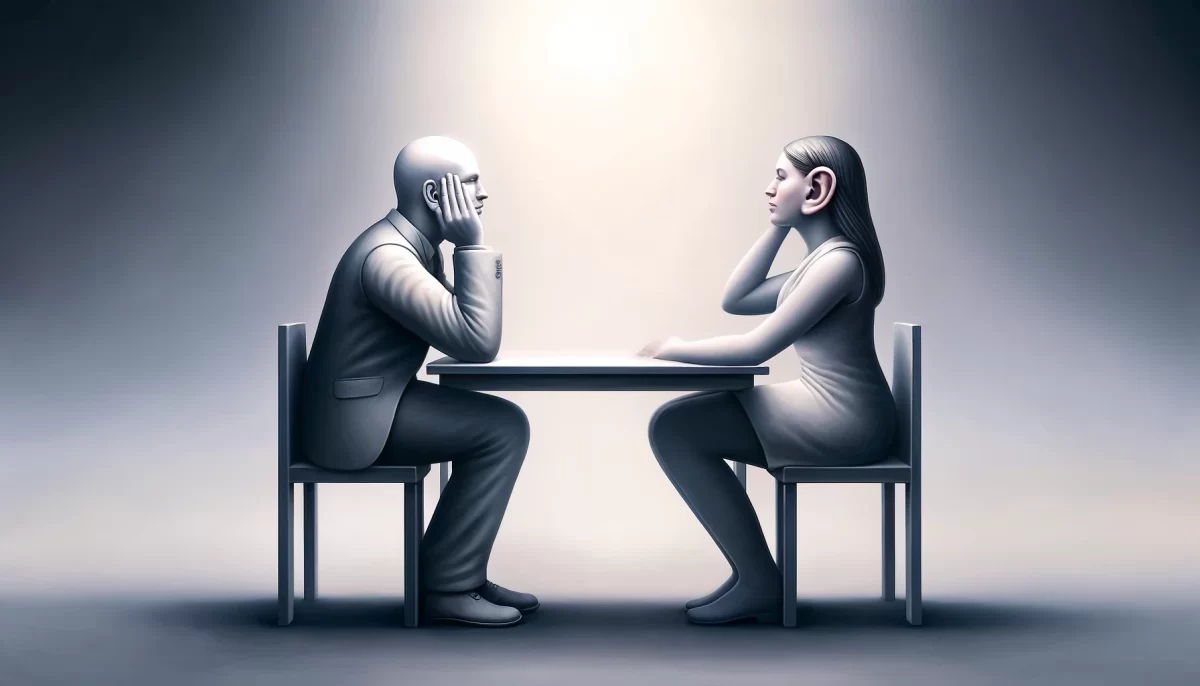
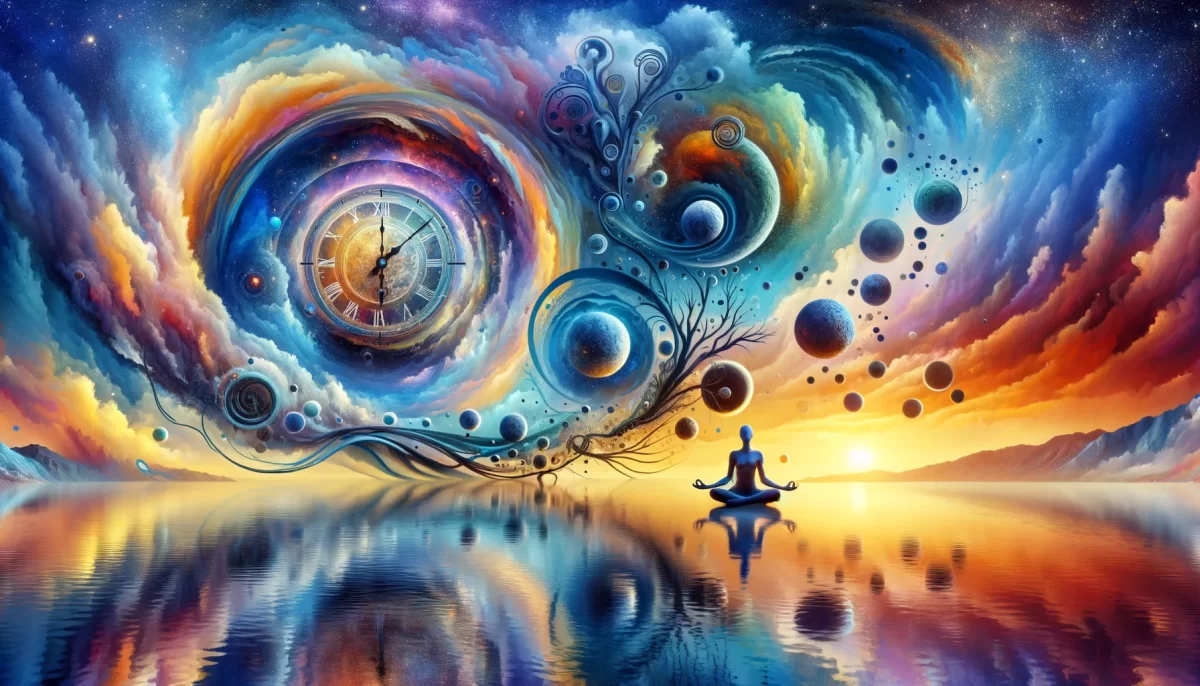

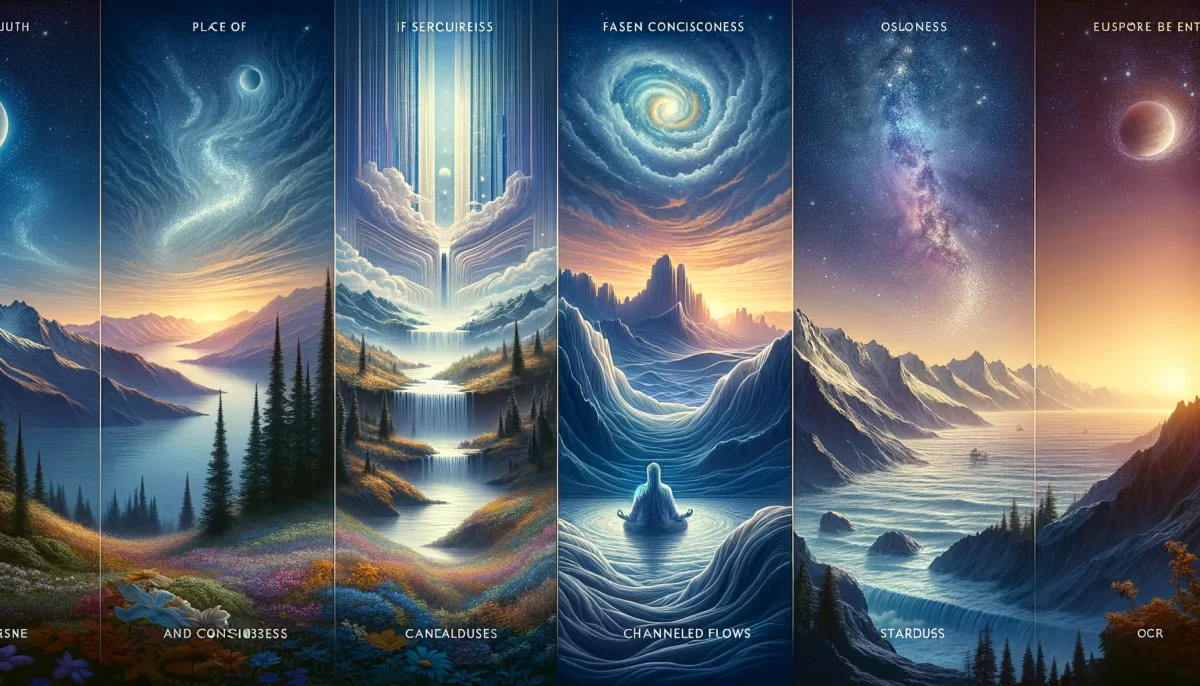
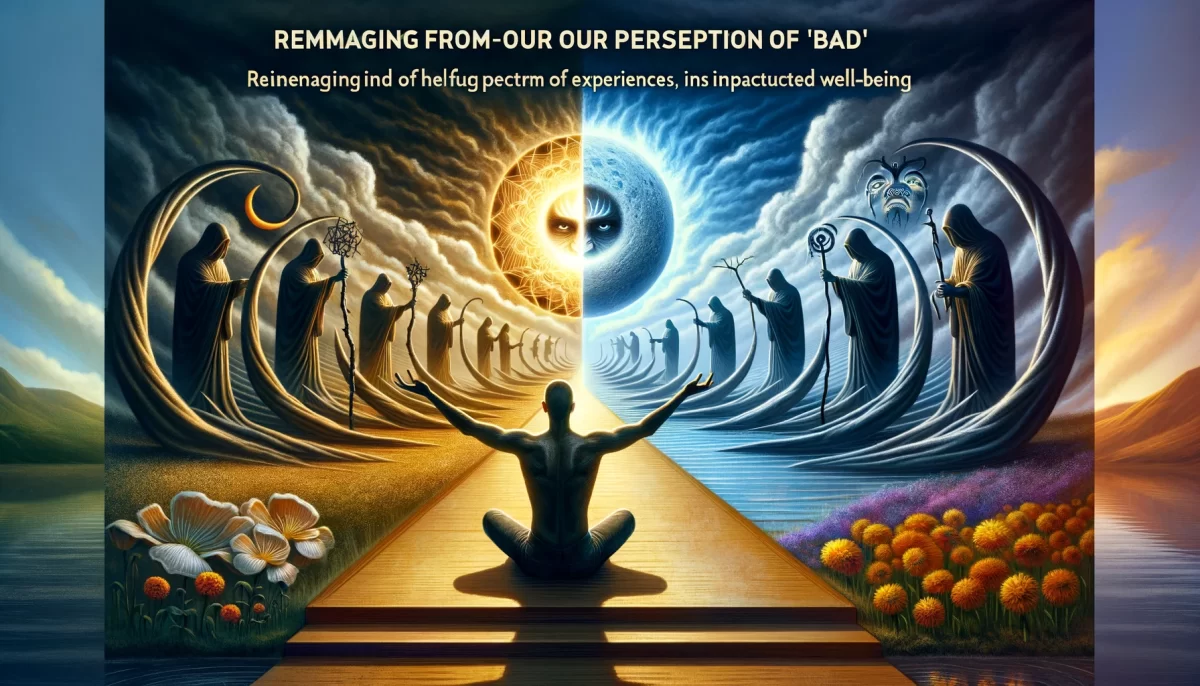

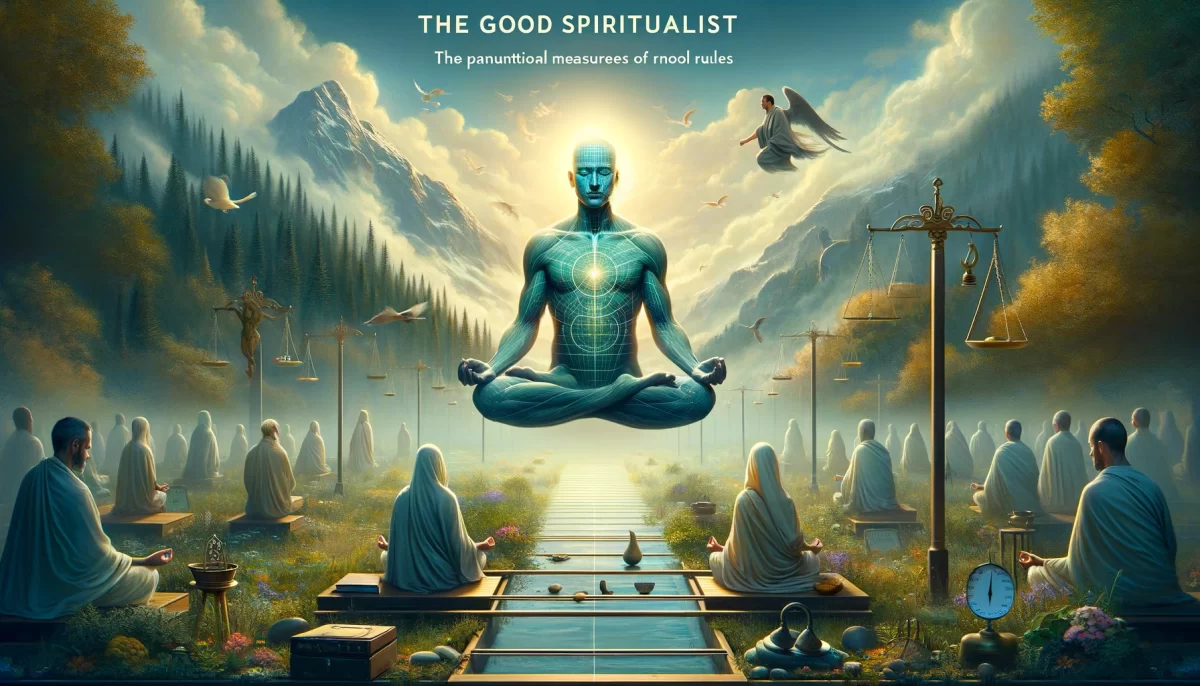
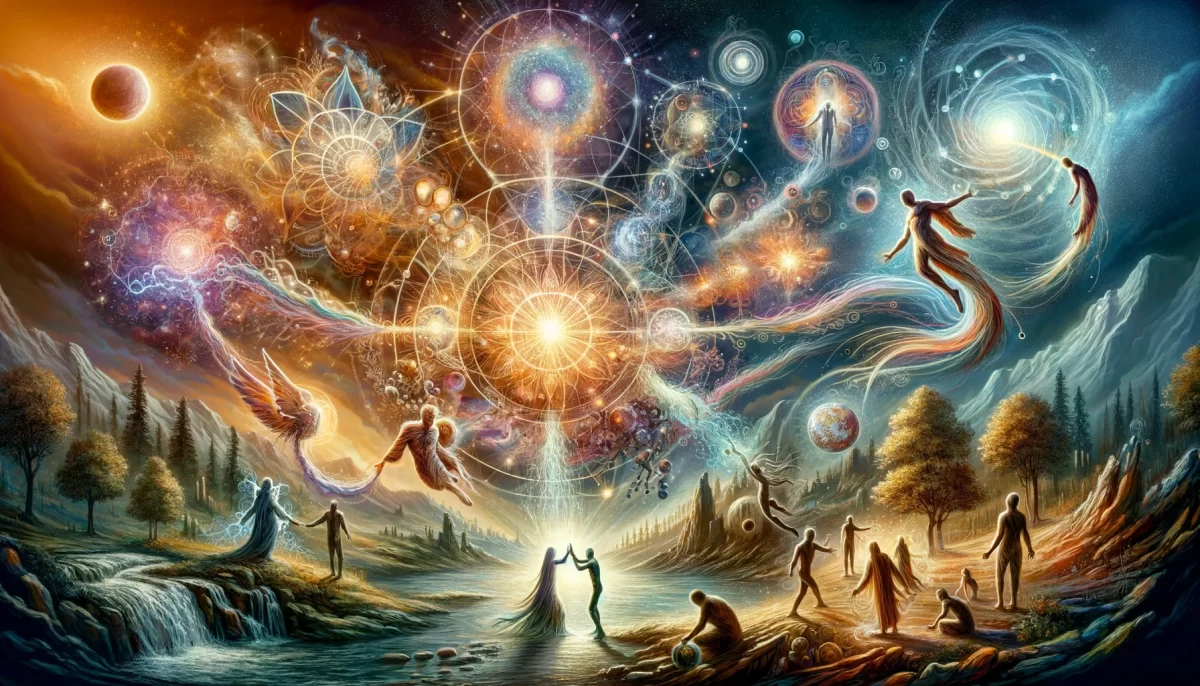


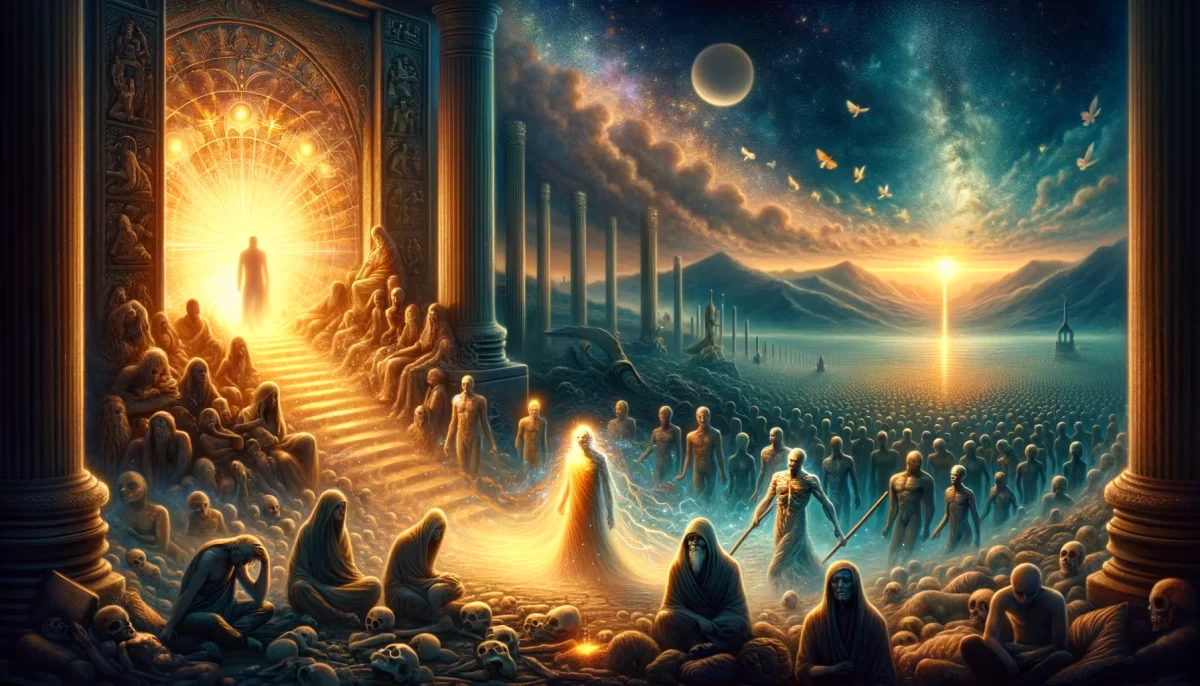
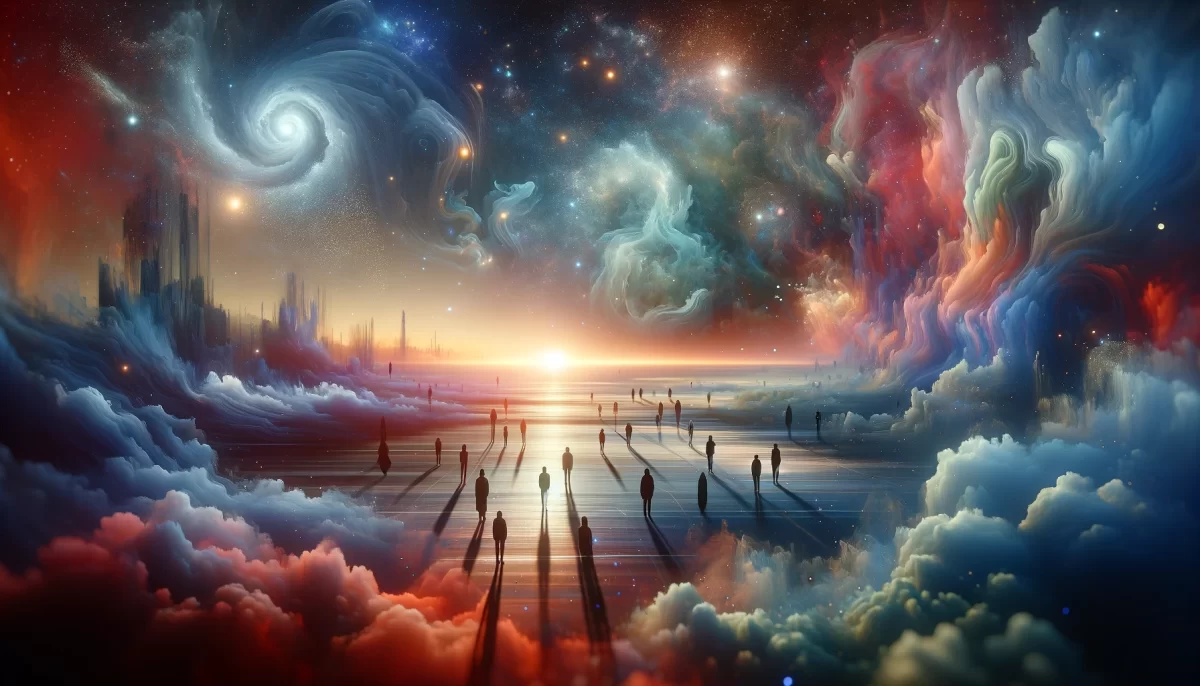
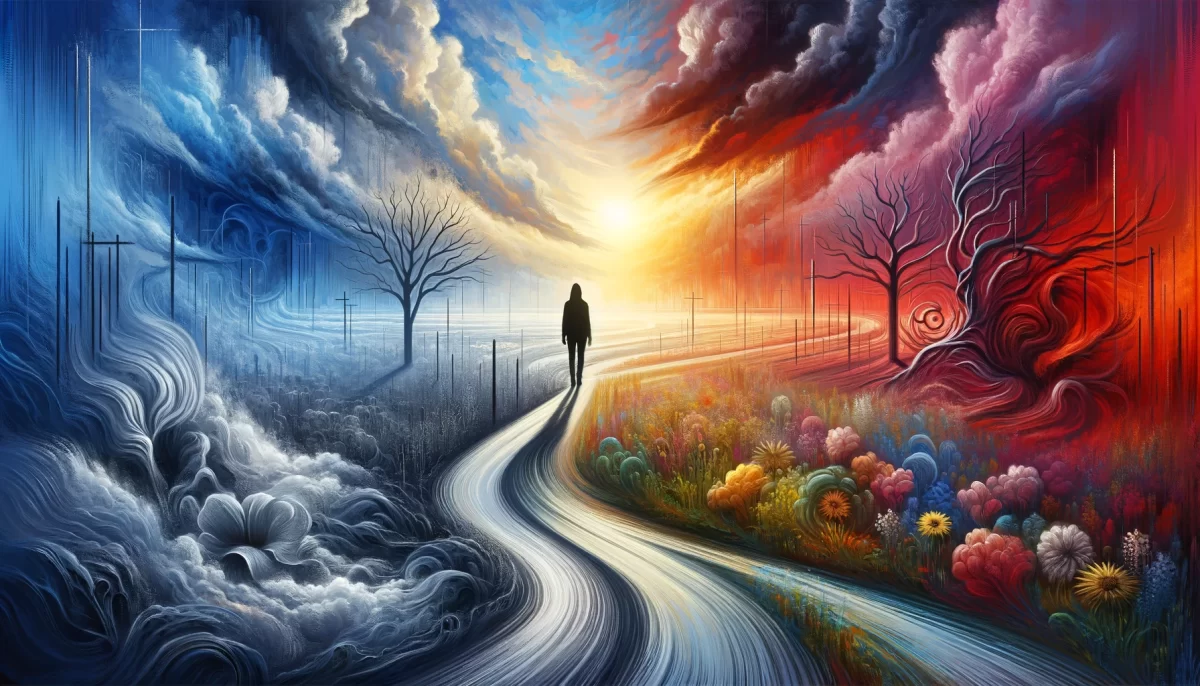
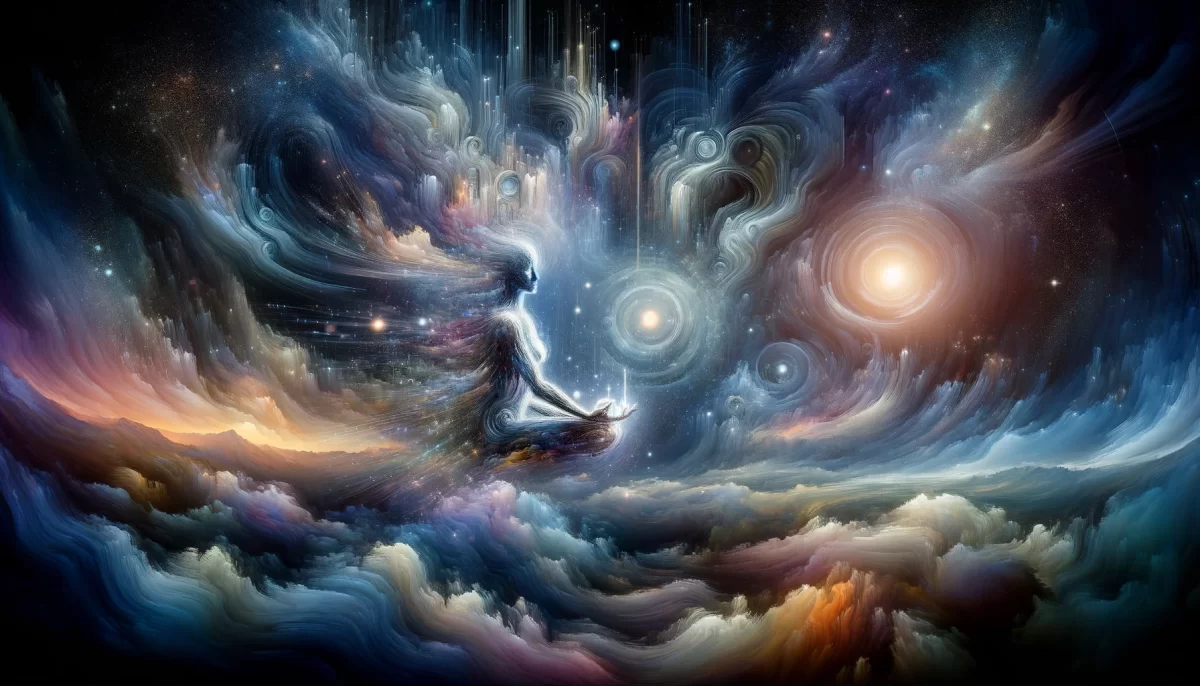
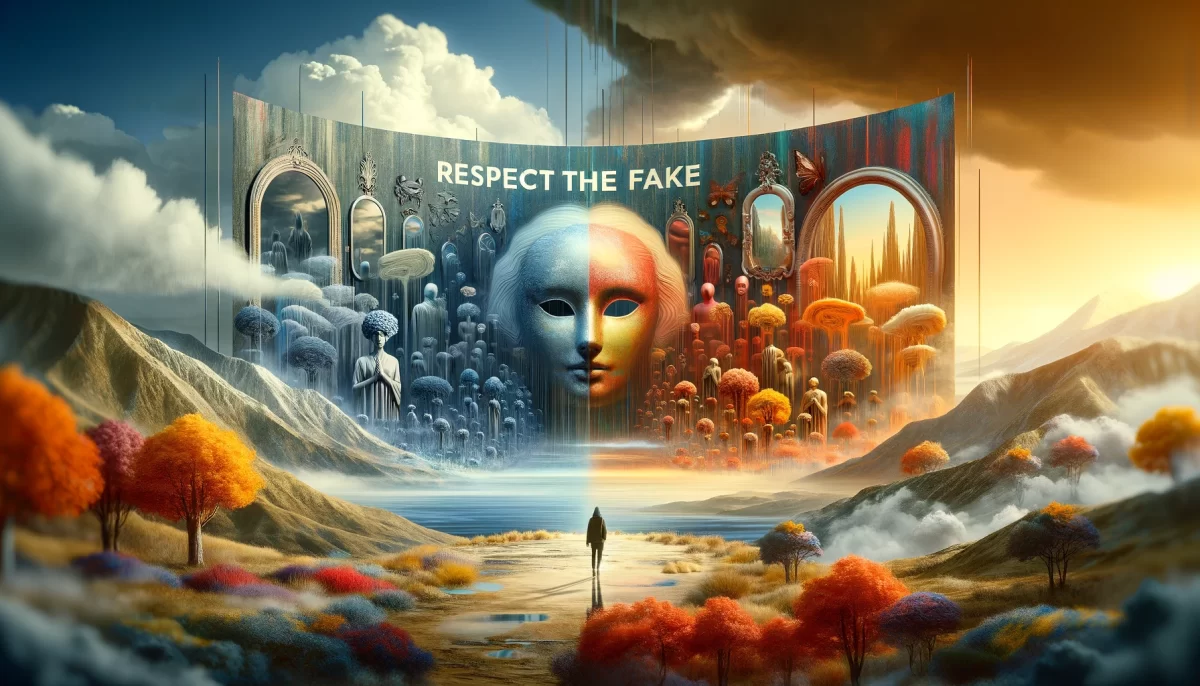
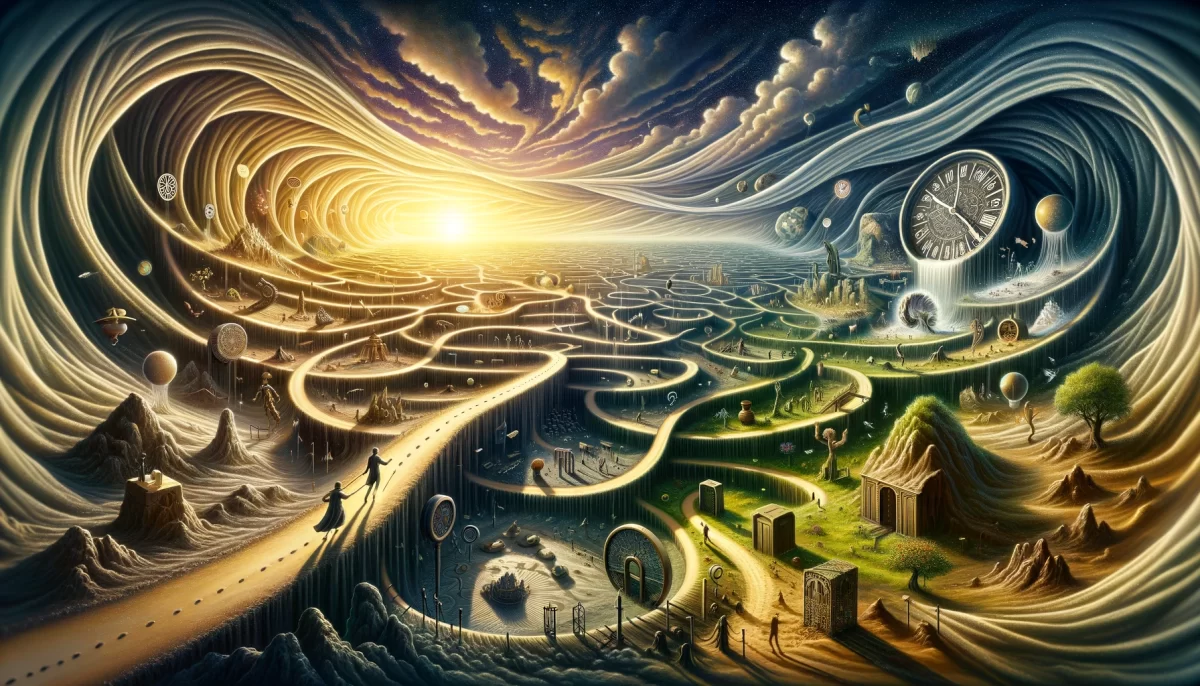
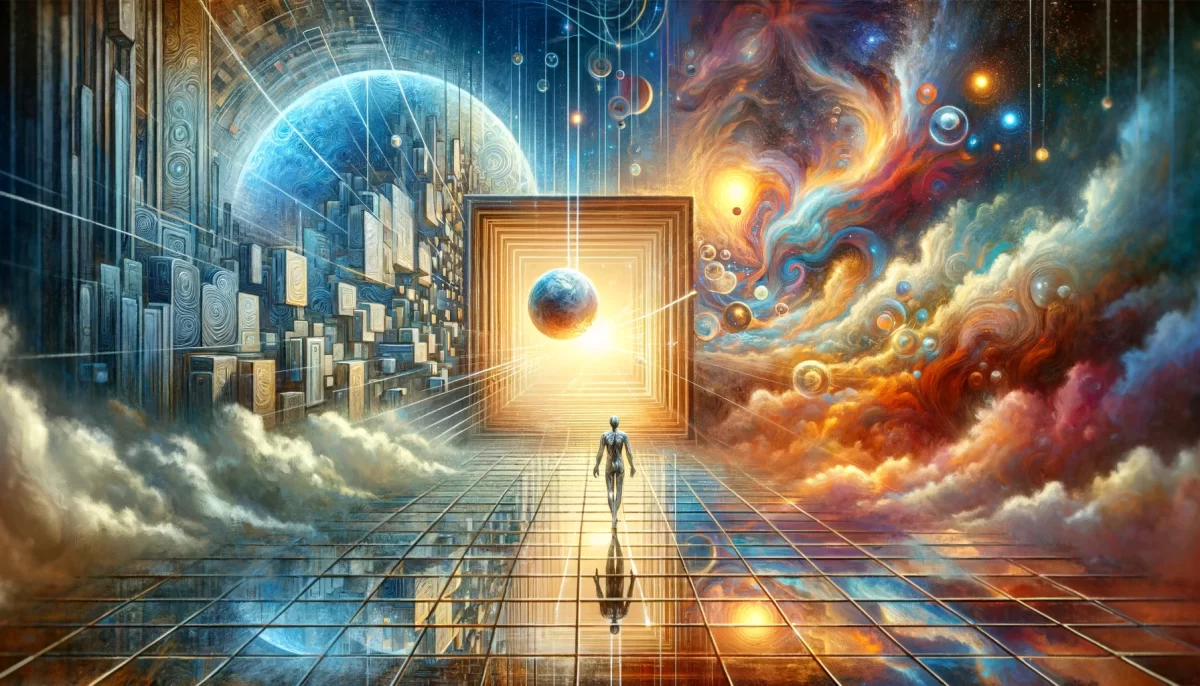
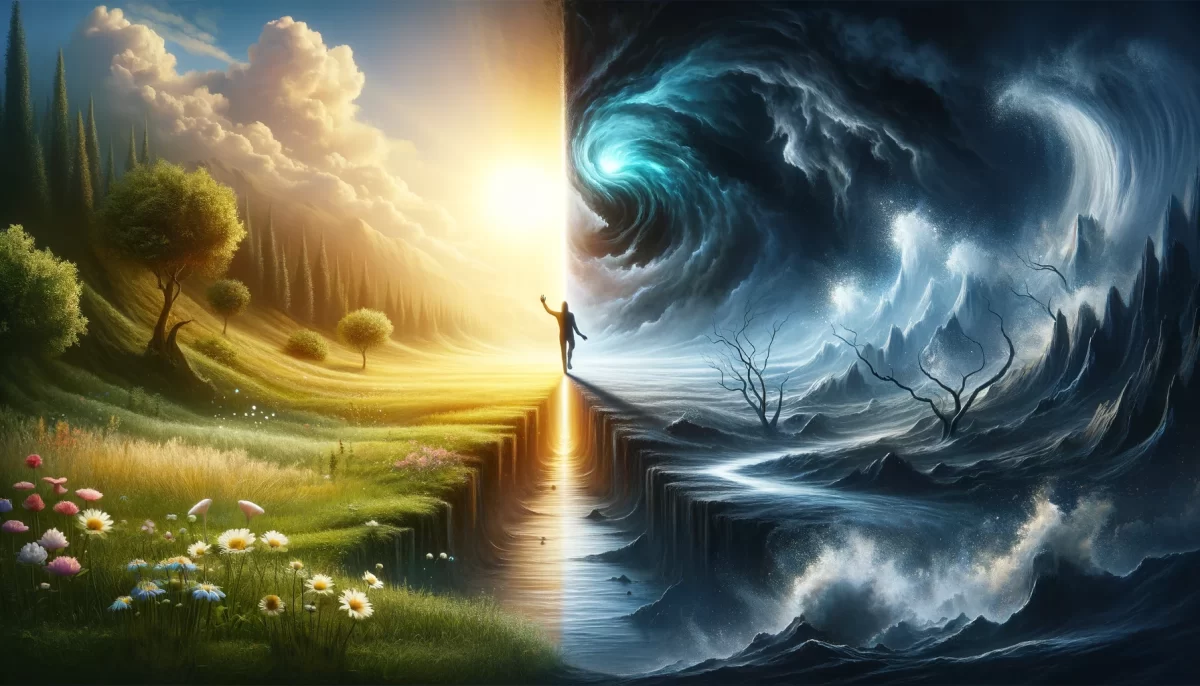
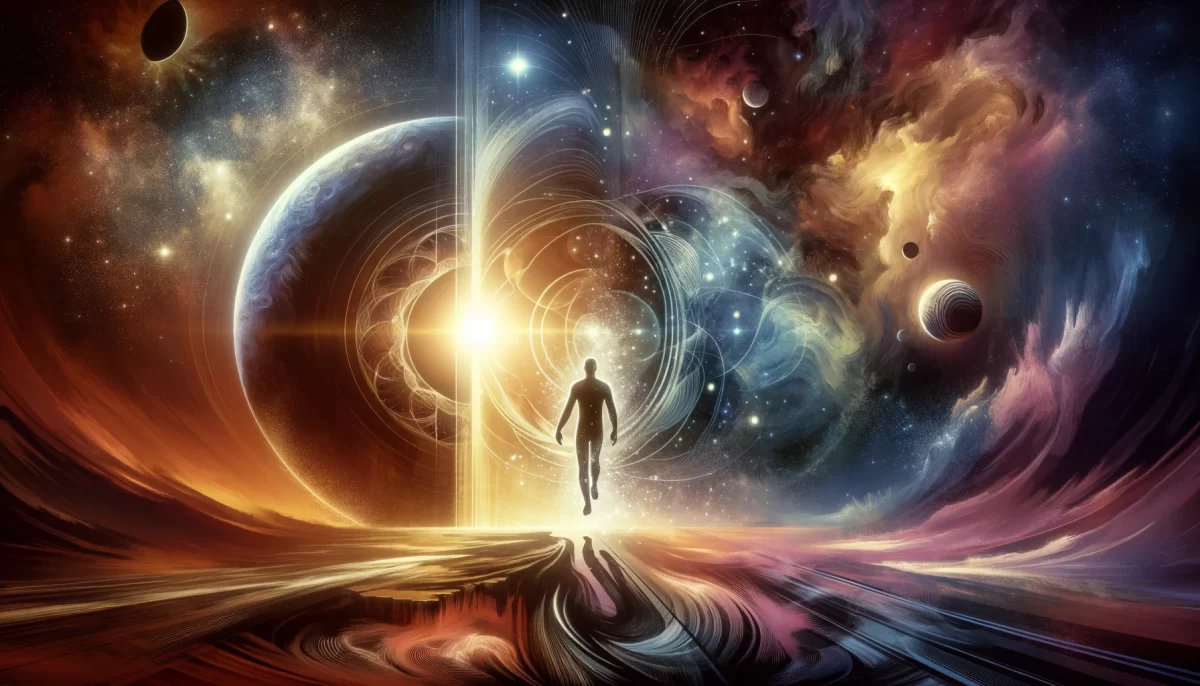
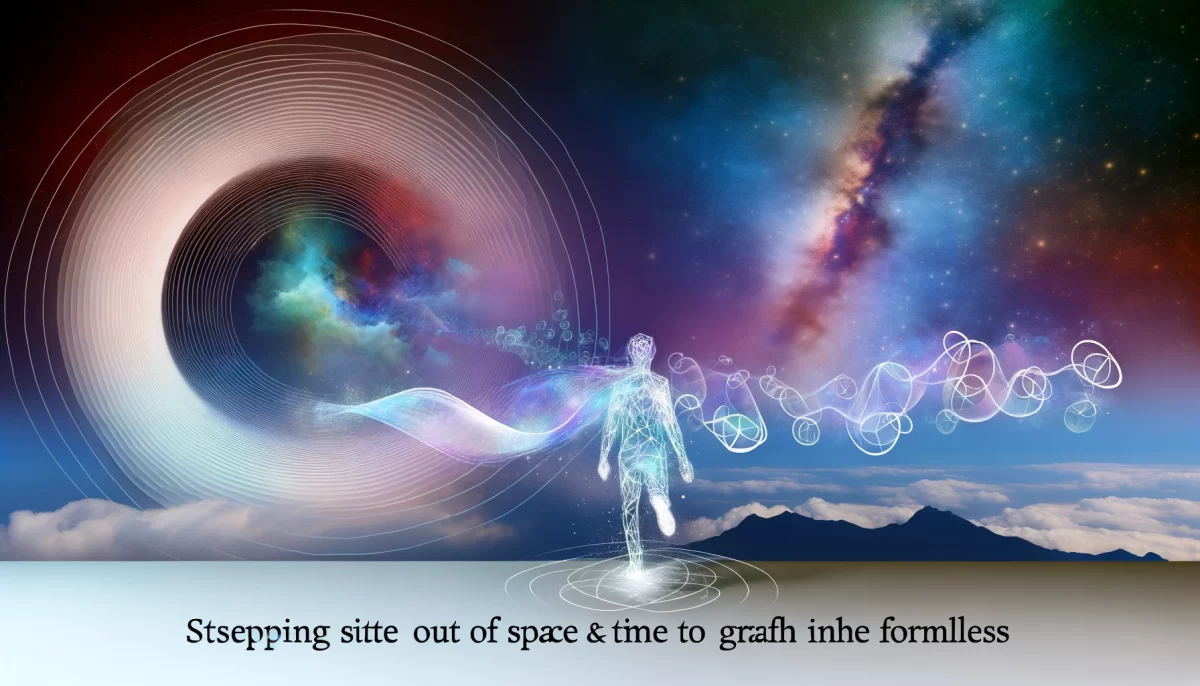
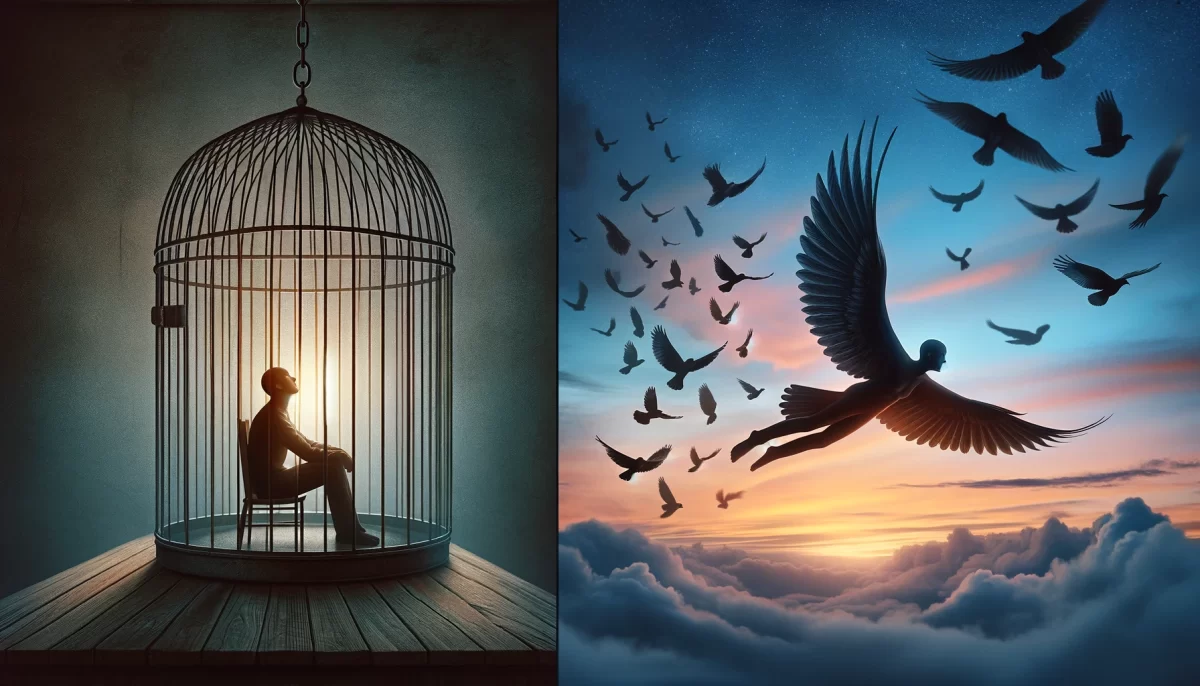
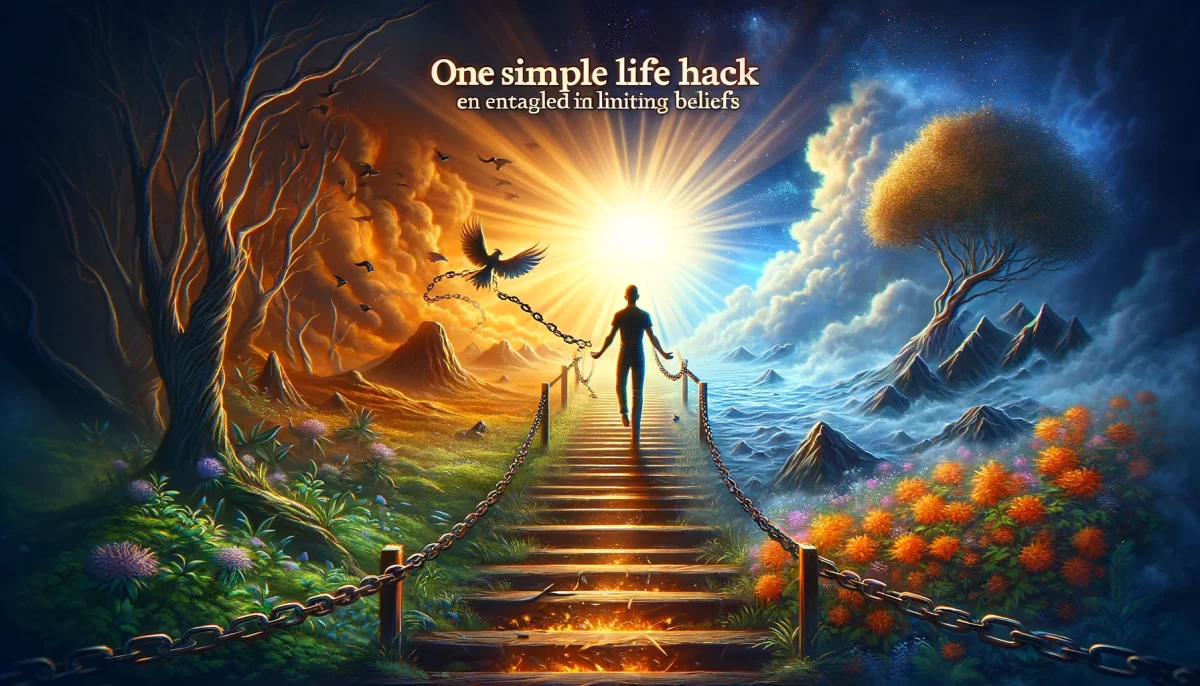
It is true that humans have a tendency to believe that they know what is best, and often cling to what is familiar or known. However, it is also important to acknowledge the value of logic and critical thinking in decision-making.
While it is true that there are unknown dimensions and possibilities that humans may never explore, it is also important to remember that our ability to reason and think critically has allowed us to make tremendous progress and advancements in science, technology, and society.
It is a delicate balance between exploring the unknown and embracing what is known, and it is up to each individual to find their own way in navigating this balance.
We are all Space Monkeys, and our journey is one of discovery and evolution.